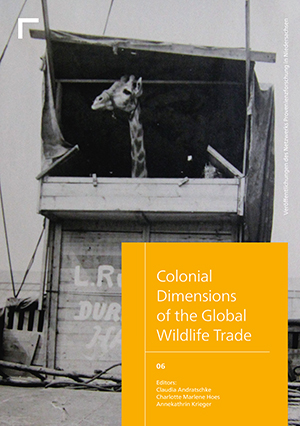Zitationsvorschlag
Lizenz (Kapitel)

Dieses Werk steht unter der Lizenz Creative Commons Namensnennung - Weitergabe unter gleichen Bedingungen 4.0 International.
Identifier (Buch)
Veröffentlicht
Trade of Māori and Moriori Ancestral Remains Alongside Wildlife Specimens from Aotearoa New Zealand and Rēkohu Chatham Islands
This contribution makes connections between the trade of Māori and Moriori ancestral remains and the trade of wildlife specimens from Aotearoa New Zealand and Rēkohu Chatham Islands. It highlights three key collectors, looters, and traders in Aotearoa New Zealand from the 1870s to the early 1900s, which include Henry Travers (1844–1928), Sir James Hector (1834–1907) and Andreas Reischek (1845–1902). This paper examines the ethics associated with their trading, the context of trade and its connection with the colonisation of the Māori people of mainland New Zealand, and the Moriori people of Rēkohu, the Chatham Islands. This abstract highlights the different ways Māori and Moriori engage with decolonisation in New Zealand to re-establish their connection with their whenua/henu (tribal territory), tūpuna/karāpuna (ancestors) and with taonga/miheke (cultural treasures and natural history specimens) at the Museum of New Zealand Te Papa Tongarewa (Te Papa). An example of this is provided in the second half of the paper.







